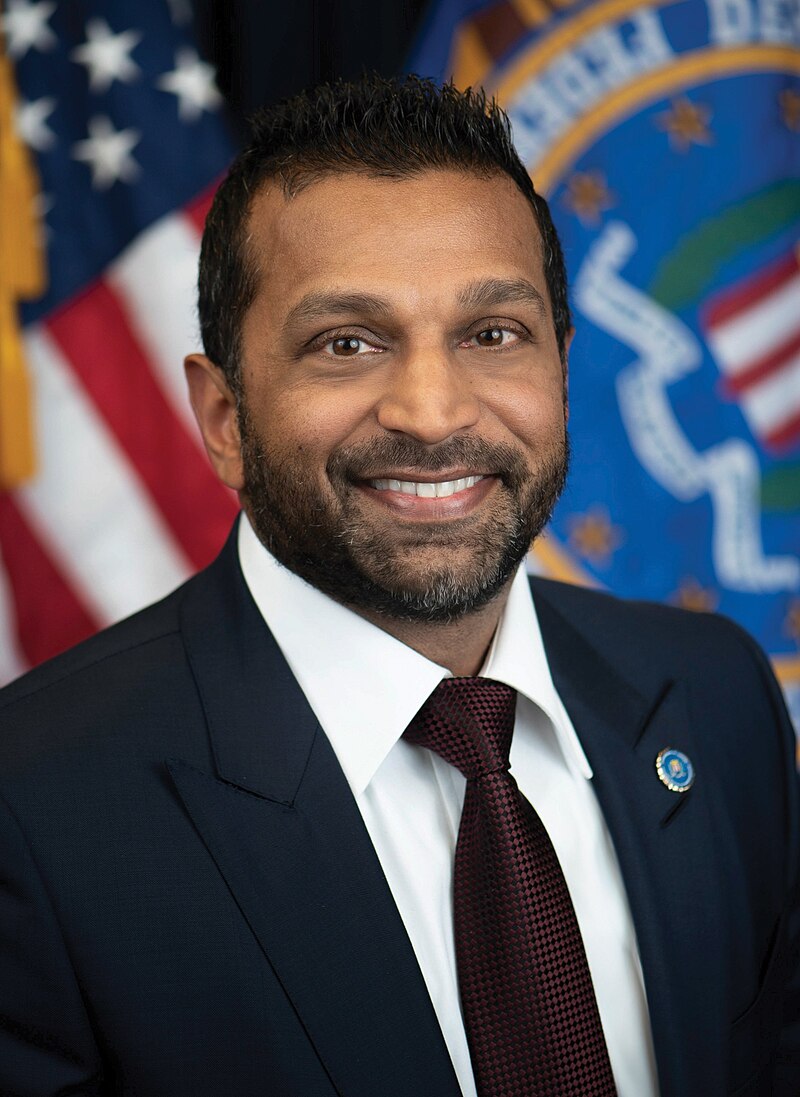 Dale McFeatters
The Eagle-Tribune
Dale McFeatters
The Eagle-Tribune
The Founding Fathers valued privacy enough to specify in the Fourth Amendment that the people had the right to be secure against unreasonable searches and seizures unless a warrant was issued.
Among other items, they specified “papers.” In a rare moment of shortsightedness, they failed to specify laptops, cellphones and thumb drives. The feds, if they had any clue that these electronic devices might contain incriminating information, could of course go to court and obtain a warrant.
But the Department of Homeland Security has found a way around that constitutional technicality, as in the recent case of David House, who came to the feds’ attention for having raised funds for the defense of secrets-leaker Chelsea Manning, formerly Pfc. Bradley Manning. No telling what secrets House may have had, but it apparently wasn’t worth the hassle of going to court to find out.
Instead, according to the Associated Press: “U.S. agents quietly waited for months for House to leave the country, then seized his laptop, thumb drive, digital camera and cellphone when he re-entered the United States. They held his laptop for weeks before returning it, acknowledging one year later that House had committed no crime and promising to destroy copies the government made of House’s personal data.”
To read more click here.




